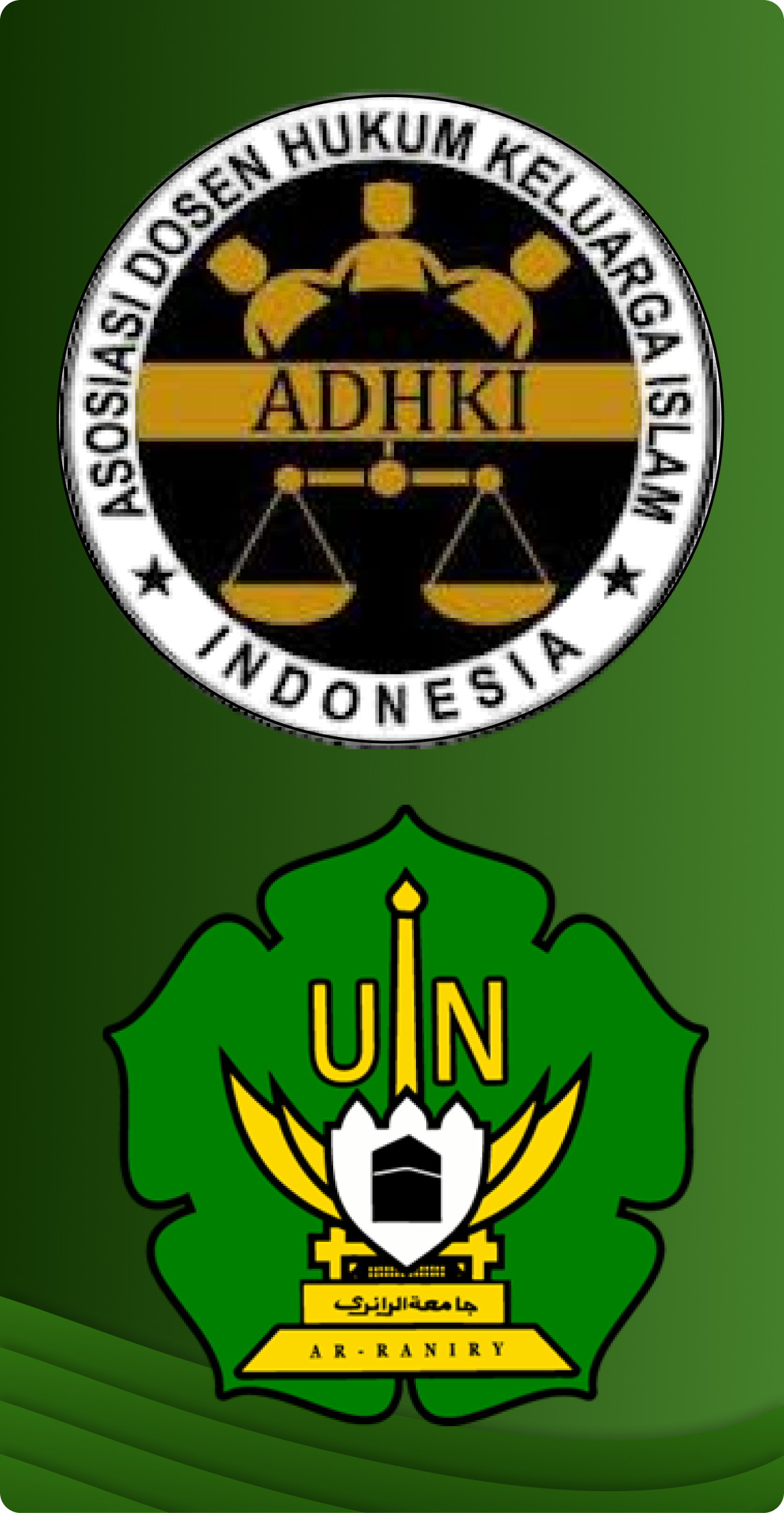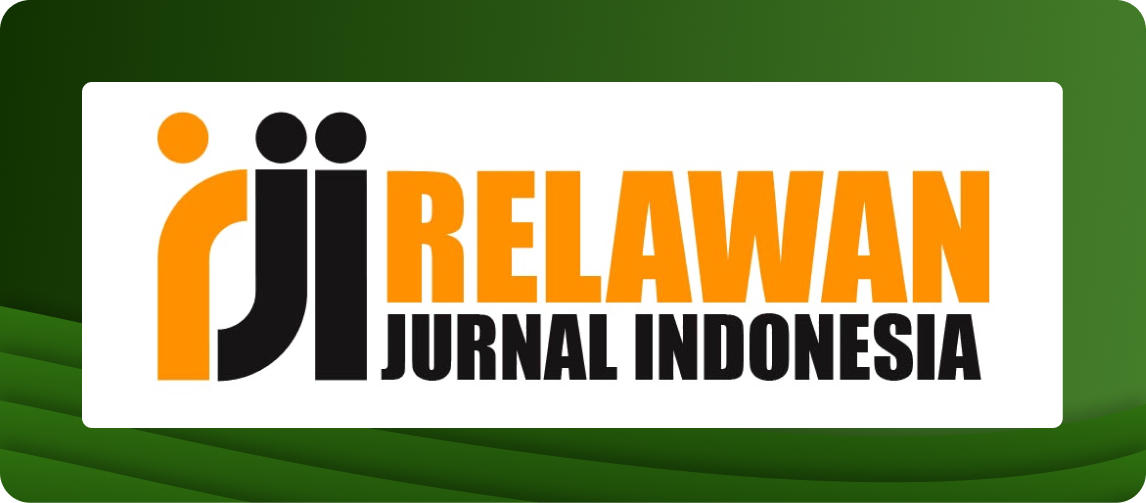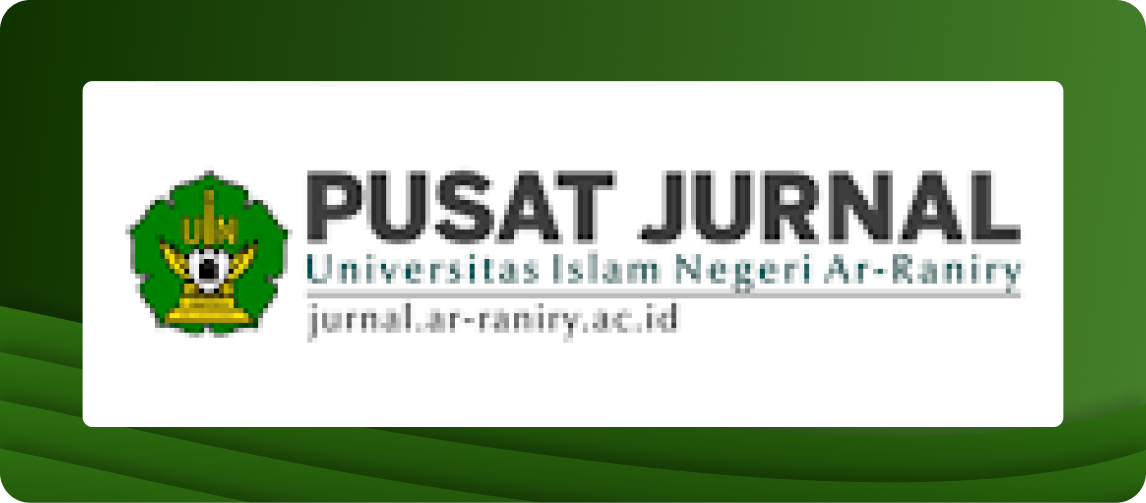Legal Protection for Children in Cases of Domestic Violence in the Indonesian Households
DOI:
https://doi.org/10.22373/ujhk.v6i2.19153Keywords:
Legal Safeguards, Children, Intimate Partner AbuseAbstract
This study aims to investigate and evaluate the many legal protections available to children who experience domestic abuse. Additionally, it seeks to provide a comprehensive framework for enhancing legal protection measures specifically designed for child victims of domestic violence. This study employs a normative approach to analyze legal issues by examining legislation. The material examined pertains to legal statutes and laws concerning instances of familial child abuse. This study establishes that child domestic violence can manifest in various forms, including physical, sexual, emotional, neglect, and economic abuse. The act of violence infringes upon the rights of children and adversely affects their overall welfare, leading to diminished cognitive abilities, impaired emotional regulation, challenges in social interaction, psychological developmental disorders, difficulties in establishing relationships and trust, increased susceptibility to depression and anxiety disorders, and various mental health issues. The legal safeguarding of children in Indonesia is governed by Law No. 23/2002 on Child Protection, which was subsequently revised by Law No. 35/2014. This legislation serves as the legal foundation for the protection of children, including all endeavors aimed at ensuring their safety, well being, and the fulfillment of their rights to thrive, mature, progress, and engage fully.
References
Journals and Books
Afifah, Wiwik, and Gusrin Lessy. “Perlindungan Hukum Terhadap Anak Sebagai
Saksi Dalam Sistem Peradilan Pidana Anak.” DIH: Jurnal Ilmu Hukum
, no. 20 (2014). https://doi.org/10.30996/dih.v10i20.358.
Amiruddin and Zainal Asikin, Pengantar Metode Penelitian Hukum, Jakarta:
Rajawali Press, 2014.
Anshori, Isa; Firdausi, Zahira. “Perilaku Konstitusional Dalam Kehidupan
Bernegara.” Jurnal Global Citizen, no. 1 (2023).
https://doi.org/https://doi.org/10.33061/jgz.v12i1.7664.
Ariani, Nyoman Wiraadi Tria, and Komang Suwarni Asih. “Dampak Kekerasan
Pada Anak Nyoman.” Jurnal Psikologi MANDALA 6, no. 1 (2022).
Arif, Rahmi, et.al., “Perlindungan Hukum Terhadap Anak Korban Kekerasan
Dalam Rumah Tangga.” Jurnal Mercatoria 3, no. 1 (2010).
https://doi.org/10.31289/mercatoria.v3i1.591.
Arliman, S. Laurensius, “Perlindungan Hukum Bagi Anak Dalam Perspektif
Pancasila Dan Bela Negara.” Unifikasi : Jurnal Ilmu Hukum 5, no. 1
(2018). https://doi.org/10.25134/unifikasi.v5i1.754.
Erdianti, Ratri Novita, and Sholahuddin Al-Fatih. “Mewujudkan Desa Layak Anak
Sebagai Bentuk Perlindungan Hukum Terhadap Anak Di Indonesia.”
Justitia Jurnal Hukum 3, no. 2 (2019).
https://doi.org/http://dx.doi.org/10.30651/justitia.v3i2.3648.
Erlindawati, Erlindawati, and Rika Novianti. “Pengaruh Tingkat Pendidikan,
Pendapatan, Kesadaran Dan Pelayanan Terhadap Tingkat Motivasi
Masyarakat Dalam Membayar Pajak Bumi Dan Bangunan.” Iqtishaduna:
Jurnal Ilmiah Ekonomi Kita 9, no. 1 (2020).
https://doi.org/10.46367/iqtishaduna.v9i1.214.
Jensen, Ida Bruheim, et.al., “Child Protection Social Workers' Constructions of
Children and Childhood: An Integrative Review”, Child & Family Social
Work 25, No. 1 (2019). DOI:10.1111/cfs.12720.
Ginting, Elvira and Muhammad Syukri Albani, “UU Nomor 35 Tahun 2014
tentang Perlindungan Anak Ditinjau dari Maqashid Syari'ah terhadap
Kekerasan yang Dilakukan Orang Tua (Studi Kasus di Kabupaten
Sibolga),” Diktum: Jurnal Syariah dan Hukum 17, No. 1 (2019).
https://doi.org/10.35905/diktum.v17i1.669.
Kasim, Fajri M., et.al., “The Sociology of Law Perspective on Child Protection at
The Syar’iyah Court in Aceh,” Gender Equality: International Journal of
Child and Gender Studies 7, No. 1 (2021).
DOI: http://dx.doi.org/10.22373/equality.v7i1.8656
Lestari, Eva Wiji, and Isa Anshori. “Pendidikan Keagamaan Anak Keluarga
Muslim Perdesaan Pada Era Industri 4.0.” Ta’dibuna: Jurnal Pendidikan
Islam 10, no. 3 (2021). https://doi.org/10.32832/tadibuna.v10i3.4939.
Rengganis, Vincensia Mutiara, “Analisis Kebijakan dalam Pembentukan Undang-
Undang Nomor 35 Tahun 2014 Tentang Perlindungan Anak,”
Souvereignty: Jurnal Demokrasi dan Ketahanan Nasional 2, No. 1 (2023).
https://doi.org/10.20961/souvereignty.v2i1.118.
Rizanizarli Rizanizarli, et.al., “The Application of Restorative Justice for Children
as Criminal Offenders in the Perspective of National Law and Qanun
Jināyat,” Samarah: Jurnal Hukum Keluarga dan hukum Islam 7, No. 1
(2023). DOI: http://dx.doi.org/10.22373/sjhk.v7i1.15633.
Rozak, Purnama. “Kekerasan Terhadap Anak Dalam Rumah Tangga Perspektif
Hukum Islam.” Sawwa 9, No. 1 (2013).
https://doi.org/10.21580/sa.v9i1.665.
Said, M. F. “Perlindungan Hukum Terhadap Anak Dalam Perspektif Hak Asasi
Manusia.” Jurnal Cendekia Hukum 4, No. 1 (2018).
https://doi.org/http://doi.org/10.33760/jch.v4i1.97.
Sukardi, Didi. “Perlindungan Hukum Anak Korban Penelantaran Orang Tua
Berbasis Hukum Positif Dan Islam.” Jurnal Kajian Hukum Islam 184, no.
(2016). https://doi.org/10.24235/mahkamah.v1i2.1303.
Trimaya, Arrista, “Arrangements for Child Protection as Victim of Violence in Law
Number 35 of 2014 on The Revision of Law Number 23 of 2002 on Child
Protection)," Jurnal Legislasi Indonesia 12, No. 3 (2015).
DOI: https://doi.org/10.54629/jli.v12i3.407.
Wardhani, Karenina Aulery Putri. “Perlindungan Hukum Terhadap Perempuan
Korban Kekerasan Dalam Rumah Tangga (KDRT) Pada Tingkat
Penyidikan Berdasarkan Undang-Undang No. 23 Tahun 2004 Tentang
Penghapusan Kekerasan Dalam Rumah Tangga (UUPKDRT).” Jurnal
Riset Ilmu Hukum 1, no. 1 (2021). https://doi.org/10.29313/jrih.v1i1.70.
Zaki, Muhammad. “Perlindungan Anak Dalam Prespektif Islam.” Jurnal Hukum
Ekonomi Syariah 6, no. 2 (2014).
https://doi.org/https://doi.org/10.24042/asas.v6i2.1715.
Law of Rules
Undang-Undang Nomor 23 Tahun 2002 tentang Perlindungan Anak.
Undang-Undang Nomor 35 Tahun 2014 tentang Perubahan atas Undang-Undang
Nomor 23 Tahun 2002 Tentang Perlindungan Anak.
Downloads
Published
Issue
Section
License
Authors who publish in El-Usrah: Jurnal Hukum Keluarga agree to the following terms:
Authors retain copyright and grant the journal right of first publication with the work simultaneously licensed Attribution-ShareAlike 4.0 International (CC BY-SA 4.0) that allows others to share the work with an acknowledgment of the work's authorship and initial publication in this journal.
Authors are able to enter into separate, additional contractual arrangements for the non-exclusive distribution of the journal's published version of the work (e.g., post it to an institutional repository or publish it in a book), with an acknowledgment of its initial publication in this journal.
Authors are permitted and encouraged to post their work online (e.g., in institutional repositories or on their website) prior to and during the submission process, as it can lead to productive exchanges, as well as earlier and greater citation of published work. (See The Effect of Open Acces)

















